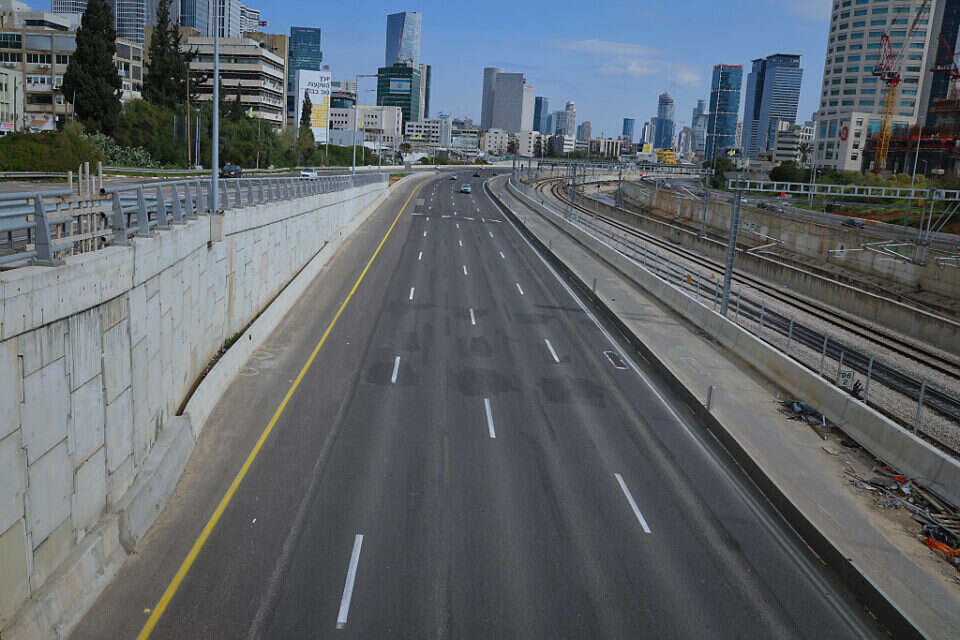Years of talking about the "State of Tel Aviv" as a serious concept.
They try to convince us that inside the Israeli jungle there is a sunny, secular and liberal enclave, that if only everyone had learned from it - our situation would have been better a long time ago.
Manhattan of the Middle East, Light for the Gentiles.
From time to time, a Tel Avivite in love emerges and threatens that his small country will become detached from the mother country, and that Israel will have to deal without the taxpayers of Tzahala and Akirov Towers.
Once upon a time even the mayor tried his hand at the prime ministerial race - an episode that ended even before it started with embarrassing numbers.
And here it turns out that the death of the old Tzaddik from Bnei Brak, Rabbi Kanievsky, paralyzes Tel Aviv to the bone, and that the city without a break is forced to stop, and most importantly - that there is no point in trying to break away from each other and forget existential relations. Give each other a place in the common space.
"The State of Tel Aviv" is a wonderful legend (and also a wonderful city, and completely inhomogeneous), but in a crowded and diverse country like ours - it has no chance.
Too soon she will realize that reality is slipping beyond its borders and blocking her street.
Thousands of participants in the funeral of Rabbi Chaim Kanievsky in Bnei Brak // Photo: Shmuel Buharis
The temporary paralysis of Gush Dan reminded us of what we would like to forget: that we are all part of the same big story, and that the more we learn to know and open our hearts to identify more with the joys and pains of the other - the better we will be together.
Blocking roads is always stressful and often disrupts life.
When done arbitrarily and illegally, it is an unbearable thing to do.
But when our daily routine is disrupted because of an important and central event happening in the country, it is a reminder of the values that underlie our common existence: mutual guarantee, solidarity, or at the very least - good neighborliness.
The mass funeral also requires us to rethink the concept of the common public space.
There is some trend to try to clear from the public space anything that is painted in too specific a color.
Leave it “neutral” (i.e., secular) and leave the observance of religious practices to the home space and the synagogue.
The fear of "religion" dictates the boundaries of discourse, but the blocking of Gush Dan roads shows for the who-knows-how time that the Israeli public, that the common space belongs to the whole, consists mainly of believers, who all deserve to feel at home, to some extent, on the street.
Rabbi Kanievsky's funeral is not an ultra-Orthodox event, but a public Israeli.
It is relevant to Tel Aviv on its way and to Bnei Brak on its way, and apart from saying goodbye to a great man and studying on a historical scale, it is an important reminder of everything that needs to be taken into account when thinking about the future of Israeli society.
Were we wrong?
Fixed!
If you found an error in the article, we'll be happy for you to share it with us

